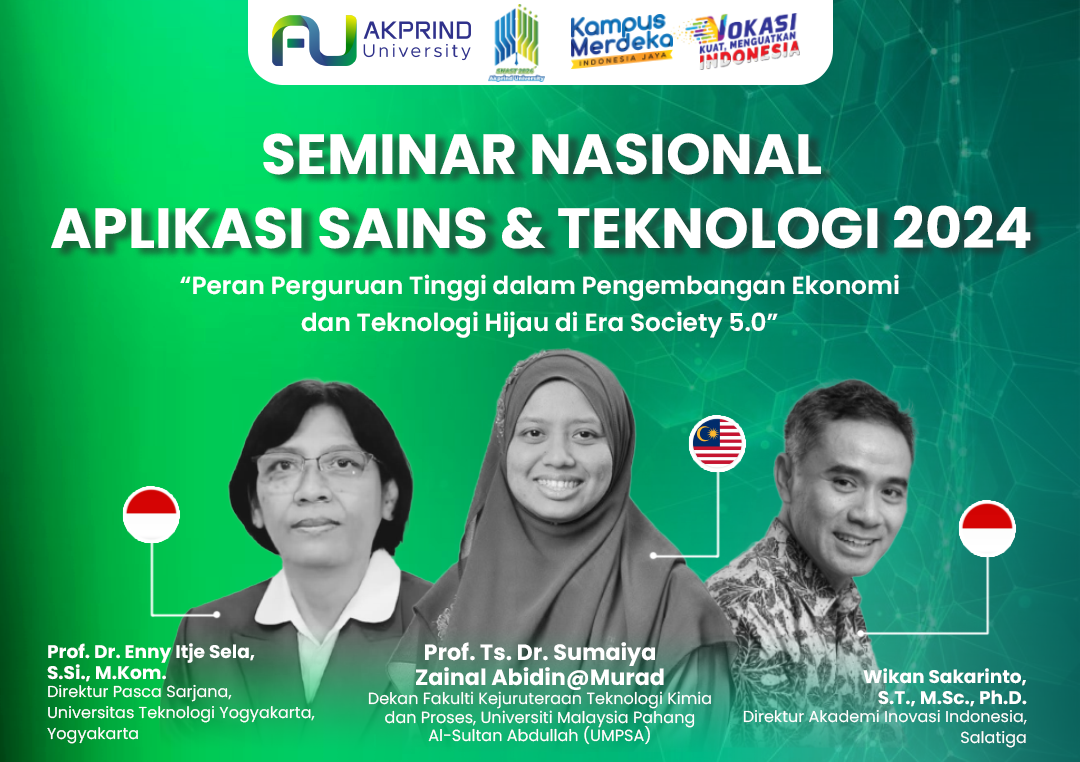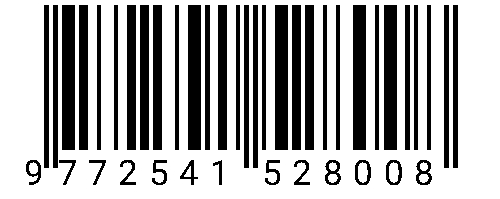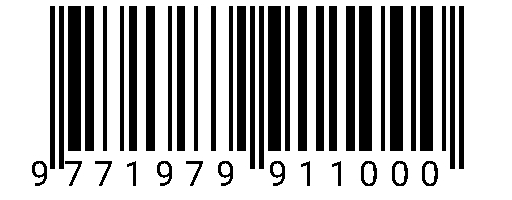NALISIS PERBANDINGAN ALGORITMA MACHINE LEARNING KLASIFIKASI UNTUK DETEKSI TINGKAT KEGANASAN PENYAKIT KANKER PAYUDARA
DOI:
https://doi.org/10.34151/prosidingsnast.v1i1.5113Keywords:
breast cancer, classification, machine learning, SVMAbstract
This research focuses on implementing Machine Learning (ML), an Artificial Intelligence (AI) branch, to enhance breast cancer detection. The Synthetic Minority Over-sampling Technique (SMOTE) method is implemented for the first time in this study. The research compares various ML algorithms to improve the accuracy and efficiency of diagnosing the malignancy level of breast cancer, using the Wisconsin Breast Cancer dataset. Support Vector Machine (SVM) is identified as the best-performing algorithm, demonstrating high accuracy, a high Area Under the Curve (AUC), and good precision. Experimental results show the highest accuracy with an AUC value close to perfection (0.99). Furthermore, the identification of 10 factors causing breast cancer malignancy provides valuable insights. Despite contributing significantly to developing more effective detection methods, the research has two main limitations: reliance on a single dataset and the potential for expanding experiments by testing more classification algorithms. In conclusion, this study supports efforts for more effective breast cancer detection, hoping its findings can be applied more broadly.
References
A.Vincent, J. P. J. F. (2022). Komparasi Tingkat Akurasi Random Forest Dan Knn Untuk Mendiagnosis Penyakit Kanker Payudara. Universitas Pelita Harapan PSDKU Medan Jurusan Sistem Informasi, 7(1), 49–61.
Alfarizi, M. R. sirfatullah, Al-farish, M. Z., Taufiqurrahman, M., Ardiansah, G., & Elgar, M. (2023). Penggunaan Python Sebagai Bahasa Pemrograman Untuk Machine Learning dan Deep Learning. Karimah Tauhid, 2(1), 1–6.
Anis Zubair, M. M. (2018). Penerapan Metode Naive Bayes Untuk Klasifikasi Status Gizi (Studi Kasus Di Klinik Bromo Malang). Jurnal Gaussian.
Ansori. (2015). Pembahasan Klasifikasi. Paper Knowledge . Toward a Media History of Documents, 3(April), 49–58.
Batta, M. (2018). Machine Learning Algorithms - A Review. International Journal of Science and Research (IJSR), 18(8), 381–386. https://doi.org/10.21275/ART20203995
Chazar, C., & Erawan, B. (2020). Machine Learning Diagnosis Kanker Payudara Menggunakan Algoritma Support Vector Machine. INFORMASI (Jurnal Informatika Dan Sistem Informasi), 12(1), 67–80. https://doi.org/10.37424/informasi.v12i1.48
Cynthia, E. P. (2018). MENGKLASIFIKASI DATA PENJUALAN BISNIS GERAI. July. https://doi.org/10.30645/jurasik.v3i0.60
Derisma, D., & Febrian, F. (2020). Perbandingan Teknik Klasifikasi Neural Network, Support Vector Machine, dan Naive Bayes dalam Mendeteksi Kanker Payudara. Bina Insani Ict Journal, 7(1), 53. https://doi.org/10.51211/biict.v7i1.1343
Devita, R. N., Herwanto, H. W., & Wibawa, A. P. (2018). Perbandingan Kinerja Metode Naive Bayes dan K-Nearest Neighbor untuk Klasifikasi Artikel Berbahasa indonesia. Jurnal Teknologi Informasi Dan Ilmu Komputer, 5(4), 427. https://doi.org/10.25126/jtiik.201854773
Hanifah, S., & Gunawan, I. (2024, July). IMPLEMENTASI METODE NAIVE BAYES PADA EVALUASI KEPUASAN MAHASISWA DALAM LAYANAN AKADEMIK DAN NON AKADEMIK. In Prosiding SENDIKO (Seminar Nasional Hasil Penelitian & Pengabdian Masyarakat Bidang Ilmu Komputer) (Vol. 3).
Indrayana, T., Warijan, W., Sutarmi, S., Purnomo, D., & Gunawan, I. (2022). Developing systems application based on android as tool for determinant stunting factors in the COVID-19 pandemic era. International Journal of Health Sciences, 6(S1), 257-268.
Nurul, B., & Gunawan, I. (2024, July). Penerapan Machine Learning Untuk Memprediksi Kelulusan Mahasiswa Menggunakan Algoritma Decision Tree. In Prosiding SENDIKO (Seminar Nasional Hasil Penelitian & Pengabdian Masyarakat Bidang Ilmu Komputer) (Vol. 3).
Oktavianto, H., & Handri, R. P. (2020). Analisis Klasifikasi Kanker Payudara Menggunakan Algoritma Naive Bayes. INFORMAL: Informatics Journal, 4(3), 117. https://doi.org/10.19184/isj.v4i3.14170
Pratiwi, D. (2021). IMPLEMENTASIMETODE SIMPLE ADDITIVE WEIGHTING DAN MACHINE LEARNING PADAAPLIKASI REKOMENDASI PRODUK SKINCAREBERDASARKANMASALAH KULITWAJAHBERBASIS ANDROID.
Purwa, T. (2019). Perbandingan Metode Regresi Logistik dan Random Forest untuk Klasifikasi Data Imbalanced. 16(1), 58–73. https://doi.org/10.20956/jmsk.v16i1.6494
Rahutomo, F., Saputra, P. Y., & Fidyawan, M. A. (2018). Implementasi Twitter Sentiment Analysis Untuk Review Film Menggunakan Algoritma Support Vector Machine. Jurnal Informatika Polinema, 4(2), 93. https://doi.org/10.33795/jip.v4i2.152
Ridwan, R., Lubis, H., & Kustanto, P. (2020). Implementasi Algoritma Neural Network dalam Memprediksi Tingkat Kelulusan Mahasiswa. Jurnal Media Informatika Budidarma, 4(2), 286. https://doi.org/10.30865/mib.v4i2.2035
Rohman, A., & Rocham, M. (2019). KOMPARASI METODE KLASIFIKASI DATA MINING UNTUK PREDIKSI Abstrak. 5(1), 23–29.
Sandag, G. A. (2020). Prediksi Rating Aplikasi App Store Menggunakan Algoritma Random Forest Application Rating Prediction on App Store using Random Forest Algorithm. 6(2), 167–178.
Saragih, R. R. (2016). Pemrograman dan bahasa Pemrograman. STMIK-STIE Mikroskil, December, 1–91.
Septian, J. A., Fachrudin, T. M., & Nugroho, A. (2019). Analisis Sentimen Pengguna Twitter Terhadap Polemik Persepakbolaan Indonesia Menggunakan Pembobotan TF-IDF dan K-Nearest Neighbor. Journal of Intelligent System and Computation, 1(1), 43–49. https://doi.org/10.52985/insyst.v1i1.36
Sesrianty, V., & Amalia, E. (2023). Edukasi Pencegahan Kanker Payudara Melalui Deteksi Dini Sadari Di Jorong Sungai Sariak. Community Development Journal, 4(1), 423–427.
Sutarmi, S., Warijan, W., Indrayana, T., & Gunawan, I. (2023). Machine Learning Model For Stunting Prediction. Jurnal Health Sains, 4(9), 10-23.
Sutoyo, I. (2018). Implementasi Algoritma Decision Tree Untuk Klasifikasi Data Peserta Didik. Jurnal Pilar Nusa Mandiri, 14(2), 217. https://doi.org/10.33480/pilar.v14i2.926
Tineges, R., Triayudi, A., & Sholihati, I. D. (2020). Analisis Sentimen Terhadap Layanan Indihome Berdasarkan Twitter Dengan Metode Klasifikasi Support Vector Machine ( SVM ). 4, 650–658. https://doi.org/10.30865/mib.v4i3.2181
Via, Y. V., Nugroho, B., & Syafrizal, A. (2015). Sistem Pendukung Keputusan Klasifikasi Tingkat Keganasan Kanker Payudara Dengan Metode Naive Bayes Classifier. SCAN-Jurnal Teknologi Informasi Dan Komunikasi, 10(2), 64–65. http://ejournal.upnjatim.ac.id/index.php/scan/article/view/609
Vinarti, R. A., & Anggraeni, W. (2015). Identifikasi Faktor Prediksi Diagnosis Tingkat Keganasan Kanker Payudara Metode Stepwise Binary Logistic Regression. Jurnal Informatika, 12(2), 70–76. https://doi.org/10.9744/informatika.12.2.70-76
Downloads
Published
Issue
Section
License
Copyright (c) 2024 Indra Gunawan

This work is licensed under a Creative Commons Attribution-ShareAlike 4.0 International License.







